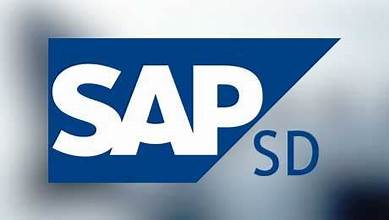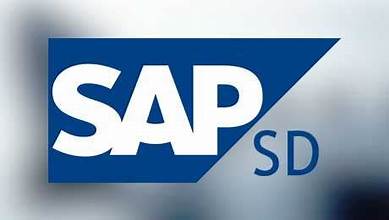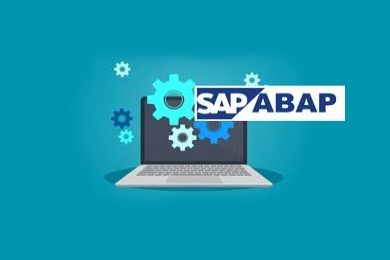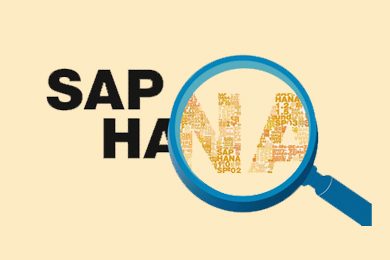



 Tech & IT
Tech & IT
 Business
Business
 Coding & Developer
Coding & Developer
 Finance & Accounting
Finance & Accounting
 Academics
Academics
 Office Applications
Office Applications
 Art & Design
Art & Design
 Marketing
Marketing
 Health & Wellness
Health & Wellness
 Sounds & Music
Sounds & Music
 Lifestyle
Lifestyle
 Photography
Photography
More Learnfly
Business Solution Become an InstructorSAP SD (Sales and Distribution) is a module within the SAP ERP system focused on managing sales and distribution processes. It encompasses functions such as order processing, pricing, shipping, and billing, providing comprehensive tools for streamlining and optimizing sales-related activities within an organization.

By : SanthaRam Sivalenka
Learn SAP SD in fast track mode...
4.5 813
3:52:30 hrs 40 lectures Beginner Level

By : SanthaRam Sivalenka
Learn the most key skill for a Consultant while working on RICEW objects...
4.8 79498
1:3:21 hrs 11 lectures All Level













 Jazeb Akram
Jazeb Akram 4.2 771171 Beginner Level

 John Hedengren
John Hedengren 4.1 569080 All Level

 Ranjan Pandey
Ranjan Pandey 4.1 346749 All Level

 Muhammad Ahsan Pervaiz
Muhammad Ahsan Pervaiz 4.2 101361 All Level

 Pieter Vliegenthart
Pieter Vliegenthart 4.6 100931 All Level

 Jerome P.
Jerome P. 4.8 100915 All Level

 Senol Atac
Senol Atac 4.9 100135 All Level

 Vikas Munjal
Vikas Munjal 4.8 100085 Beginner Level

 Avinash A
Avinash A 4.8 100043 All Level

 SanthaRam Sivalenka
SanthaRam Sivalenka40 Lectures All Level

 SanthaRam Sivalenka
SanthaRam Sivalenka4 Lectures All Level

 SanthaRam Sivalenka
SanthaRam Sivalenka11 Lectures All Level

 arghadip kar
arghadip kar2 Lectures All Level

 arghadip kar
arghadip kar5 Lectures All Level

 AMIT AHINIYA
AMIT AHINIYA7 Lectures All Level
SAP SD, or Sales and Distribution, is a module within the SAP ERP (Enterprise Resource Planning) system that manages key processes related to sales, order fulfillment, and distribution. It covers activities such as sales order processing, pricing, delivery, and billing.
SAP SD supports the entire sales process, from creating sales orders to delivery and invoicing. It manages customer and product data, pricing conditions, and order fulfillment, ensuring a seamless and efficient sales workflow.
SAP SD integrates with various SAP modules such as SAP MM (Materials Management) and SAP FI (Financial Accounting). Integration ensures a holistic approach to business processes, connecting sales with inventory management and financial transactions.
Yes, SAP SD is highly customizable. Businesses can tailor the module to their specific needs by configuring settings for pricing, document types, and other parameters. Customization allows organizations to align SAP SD with their unique sales processes.
SAP SD allows for complex pricing structures and discounts. It considers factors such as customer, product, quantity, and time to determine prices. Businesses can configure pricing conditions, scales, and discounts to accommodate various scenarios, ensuring flexibility in pricing strategies.





